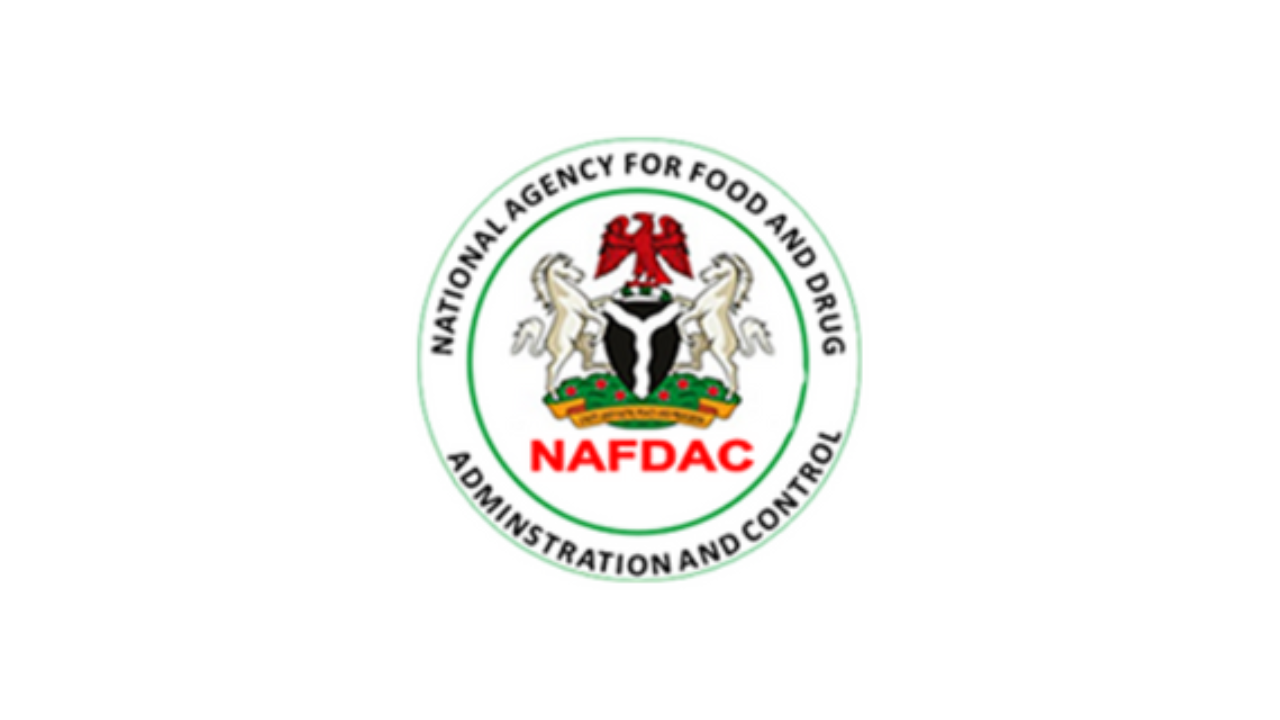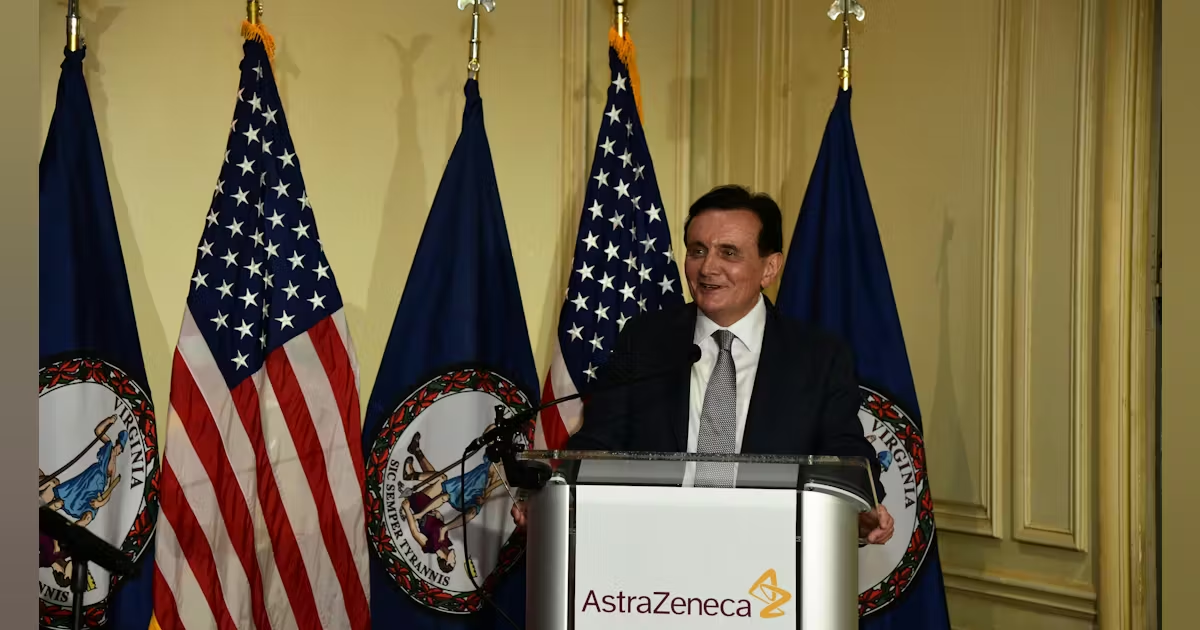The National Agency for Food and Drug Administration and Control (NAFDAC) has joined forces with the Cocoa Processors Association of Nigeria (COPAN) and other key stakeholders to tackle the persistent issue of rejection of Nigerian processed and semi-processed cocoa products, as well as other food exports, in international markets.
This collaboration was announced during the NAFDAC Export Stakeholder’s Interactive Session held in Lagos. The session included representatives from COPAN, the Network of Practicing Non-oil Exporters of Nigeria (NPNEN), the Lagos Chamber of Commerce and Industry (LCCI), and the Nigerian Association of Chambers of Commerce, Industry, Mines, and Agriculture (NACCIMA). The primary focus of the meeting was to discuss the draft NAFDAC export regulations for 2024.
Prof. Mojisola Adeyeye, the Director General of NAFDAC, addressed the initial concerns raised by cocoa stakeholders regarding the draft Cocoa Regulations posted on the agency’s website for public feedback. She emphasized that the meeting aimed to establish a unified approach between NAFDAC and the export community, ensuring that Nigeria’s food products meet global standards and are not rejected at international borders.
Adeyeye explained that NAFDAC’s regulations are essential legal instruments that outline the standards and compliance requirements for the manufacture, importation, exportation, distribution, advertisement, sale, and use of regulated products. She highlighted that under her leadership, NAFDAC, now recognized as a WHO ML3 Regulatory Agency, has updated and gazetted 21 new regulations across various aspects of its regulatory activities, with export regulations being one of the key areas currently under development.
The DG expressed concern over the frequent rejection of Nigerian food products at international borders, often due to the lack of NAFDAC certification. She pointed out that this issue has placed Nigeria at a disadvantage in global trade, with some Nigerian products already on the red list of certain importing countries. Adeyeye attributed this to years of inadequate oversight and regulatory supervision of the quality and safety of products destined for export.
To address this challenge, NAFDAC has been actively pursuing regulatory interventions both locally and internationally. The agency aims to prevent a complete ban on the export of Nigerian food products by ensuring strict compliance with global standards.
During a previous Export Stakeholder Engagement in May 2024, held at the Digital Bridge Institute in Lagos, NAFDAC, industry representatives, and other government agencies agreed to collaborate closely to enhance the quality of regulated product exports. This cooperation is crucial for maintaining Nigeria’s standing in international trade, where compliance with trade laws is rigorously enforced.
In her remarks, Adeyeye emphasized that the current engagement is intended to clarify the regulatory concerns, bridge knowledge gaps, and alleviate fears among stakeholders. The goal is to foster the necessary collaboration to elevate Nigeria’s regulated product exports to the desired level in international markets.
NAFDAC plans to begin this process by working closely with cocoa producers, particularly those already registered with the agency. Producers will be categorized based on their risk levels—low, medium, or high—allowing for targeted regulatory oversight. Those not yet registered with NAFDAC will also be accommodated in this initiative.
Dr. Olusola Obajimu, Director General of NACCIMA, expressed his satisfaction with the proposed regulations, noting that they are focused on achieving global standards rather than merely generating revenue. He pledged the support of stakeholders in enhancing Nigeria’s foreign exchange earnings through non-oil export trade in partnership with NAFDAC.




